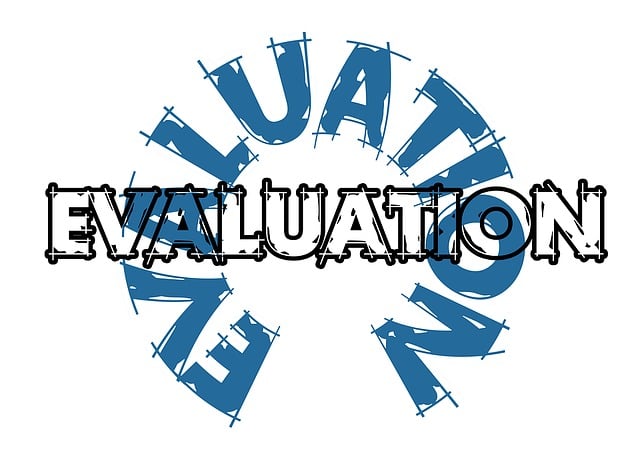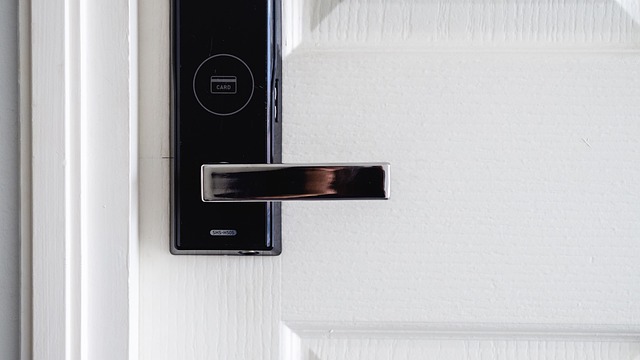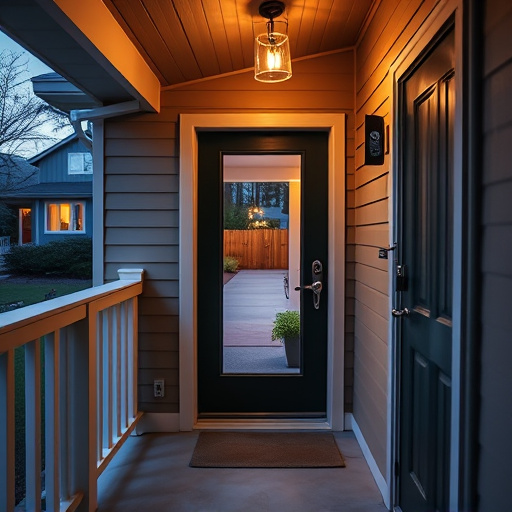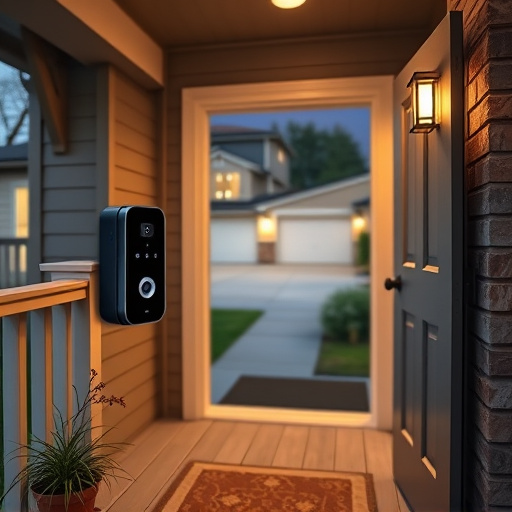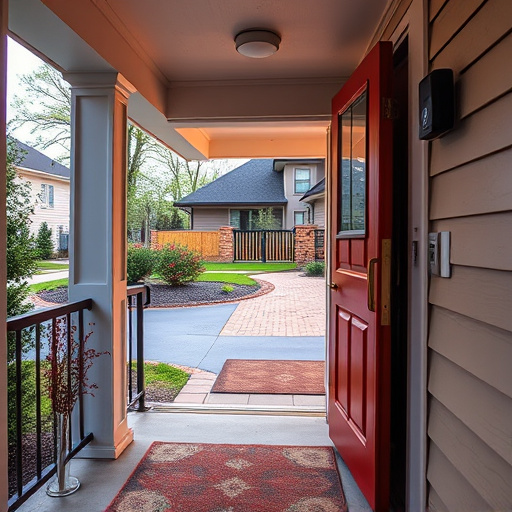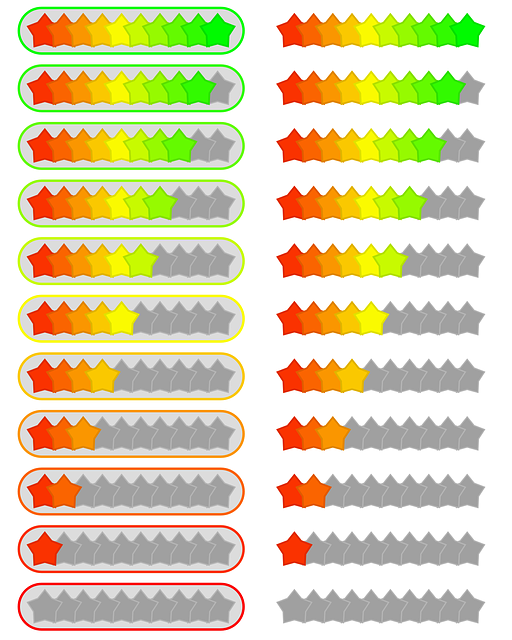Professional security monitoring offers 24/7 protection through cameras, sensors, and alarms connected to a central station, enhancing safety by deterring burglaries, fires, and emergencies. Key benefits include increased protection, live access, and instant alerts, but drawbacks like subscription fees, privacy concerns, and false alarms must be weighed against individual needs and budget. A thorough security service evaluation is crucial to determine if the advantages of professional monitoring outweigh potential disadvantages for your property.
Is professional home security monitoring worth the investment? With growing concerns about safety and rising crime rates, many homeowners are turning to these services for peace of mind. This comprehensive guide delves into the world of professional security monitoring, exploring its definition and functionality, different types of systems, and a balanced look at its pros and cons. We also break down how to evaluate security services, providing insights on response times, customer support, contract details, and system reliability.
- Understanding Professional Home Security Monitoring
- – Definition and how it works
- – Types of monitoring systems
Understanding Professional Home Security Monitoring
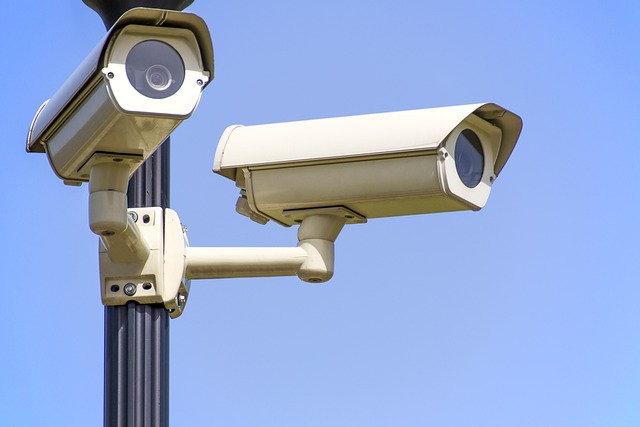
Professional home security monitoring is a service that offers peace of mind by remotely watching over your property 24/7. It involves installing cameras, sensors, and alarms connected to a central station staffed by trained professionals who monitor your system for potential threats. This real-time surveillance can deter burglaries, fire outbreaks, or other emergencies, allowing quick response times from emergency services.
Evaluating the benefits of home monitoring reveals advantages such as increased safety, remote access to live feeds, and instant alerts on potential issues. It provides homeowners with a security service assessment tool to identify and mitigate risks. However, drawbacks include ongoing subscription costs, privacy concerns related to data storage and camera feeds, and potential false alarms. The decision to opt for professional security monitoring should weigh these pros and cons, considering individual needs, budget, and the level of desired protection.
– Definition and how it works
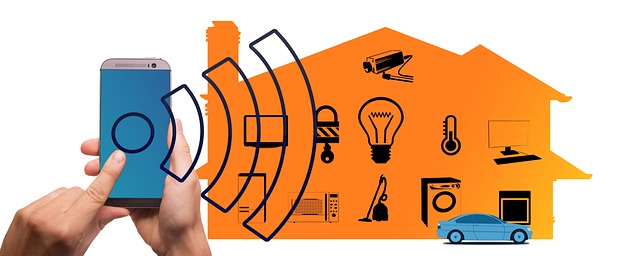
Professional home security monitoring is a service that utilizes a combination of advanced technology and human expertise to safeguard your property. It involves installing surveillance equipment at your residence, such as cameras, motion sensors, and alarms, which are connected to a central monitoring station. This real-time data allows trained professionals to observe your home 24/7, responding promptly to any potential threats or emergencies. The service operates on a subscription basis, with users typically able to customize their packages based on specific needs.
Evaluating the benefits of professional security monitoring reveals several advantages. It offers enhanced peace of mind by deterring intruders and providing quick response times during incidents. Advanced notification systems can alert homeowners or security providers in real time via phone calls, SMS, or mobile apps. Additionally, this service can contribute to property value retention and potential insurance savings. However, it’s essential also to consider the drawbacks, such as ongoing subscription costs, privacy concerns related to data storage, and possible false alarms, which could lead to unnecessary stress for both homeowners and monitoring personnel. A thorough security service assessment is crucial to determining whether these pros outweigh the cons in your particular situation.
– Types of monitoring systems

Home monitoring systems come in various types, each offering distinct advantages and disadvantages. At its core, professional security monitoring involves a third-party service that constantly watches your property through cameras and alarms. This real-time surveillance is often enhanced by advanced technologies like motion detection, facial recognition, and smart integrations. Such systems can provide immediate responses to potential threats, allowing for swift actions, especially when you’re away.
When evaluating home monitoring pros and cons, it’s crucial to consider factors like coverage area, false alarm rates, and response time. A thorough security service evaluation should also account for the privacy implications of having your home activity monitored and the potential drawbacks of relying on a third party for your safety. Despite these considerations, the benefits of home monitoring are significant, including improved property protection, peace of mind, and even potential insurance savings. However, understanding the drawbacks of monitoring services, such as cost, setup complexity, and data privacy concerns, is essential before signing up for any service.
